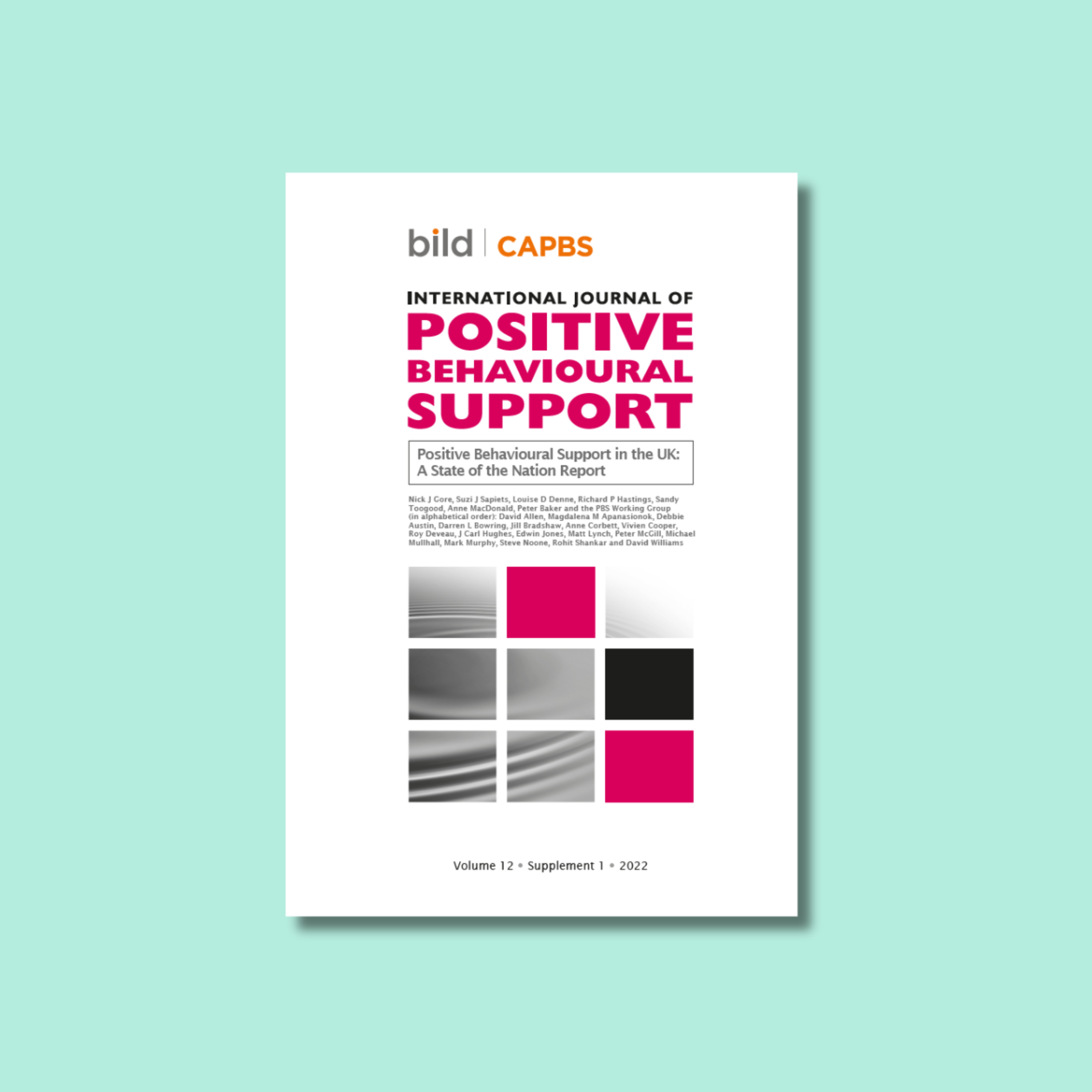 Image 1 of 1
Image 1 of 1


Recognising Behaviour as Distress in Practice – A Discussion Paper
The National Autistic Taskforce (2024)
This discussion paper examines the inappropriate detention of autistic people in institutional and social care settings, especially in response to so-called “behaviour that challenges.” The authors emphasise that current approaches are often distressing and traumatic, failing to reduce inpatient numbers, prevent placement breakdowns, or decrease the use of restraint. From an autistic perspective, they advocate for a rights-based approach to care, urging the widespread adoption of the National Autistic Taskforce’s “An Independent Guide to Quality Care for Autistic People,” with particular emphasis on recommendation 7, which calls for recognising behaviour as a form of distress. The paper also critiques the use of Positive Behaviour Support (PBS), arguing that care should focus on promoting autonomy, reducing stress, and supporting autistic people to lead meaningful lives rather than simply managing behaviour.
Disclaimer: due to the use of the term “behaviour that challenges” by social care settings, the term is referred to by the authors. PBS is also discussed.
The National Autistic Taskforce (2024)
This discussion paper examines the inappropriate detention of autistic people in institutional and social care settings, especially in response to so-called “behaviour that challenges.” The authors emphasise that current approaches are often distressing and traumatic, failing to reduce inpatient numbers, prevent placement breakdowns, or decrease the use of restraint. From an autistic perspective, they advocate for a rights-based approach to care, urging the widespread adoption of the National Autistic Taskforce’s “An Independent Guide to Quality Care for Autistic People,” with particular emphasis on recommendation 7, which calls for recognising behaviour as a form of distress. The paper also critiques the use of Positive Behaviour Support (PBS), arguing that care should focus on promoting autonomy, reducing stress, and supporting autistic people to lead meaningful lives rather than simply managing behaviour.
Disclaimer: due to the use of the term “behaviour that challenges” by social care settings, the term is referred to by the authors. PBS is also discussed.






